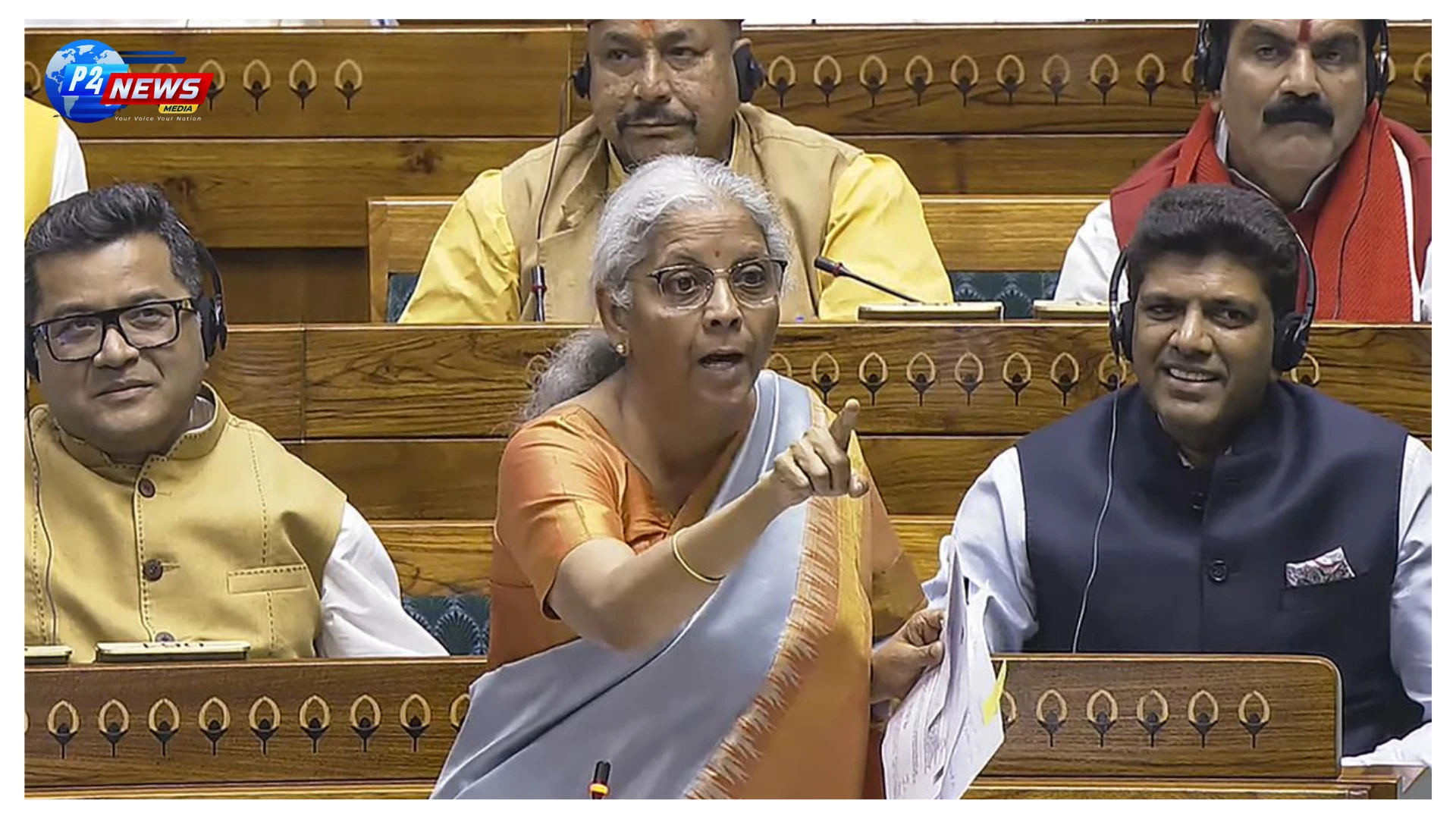The Lok Sabha has approved the Banking Laws (Amendment) Bill, enabling account holders to appoint up to four nominees for their bank accounts. This amendment will streamline the process of inheriting bank deposits.
The Lok Sabha has approved the Banking Laws (Amendment) Bill, enabling account holders to appoint up to four nominees for their bank accounts. This amendment will streamline the process of inheriting bank deposits.
On Tuesday, the Lok Sabha officially passed the Banking Laws (Amendment) Bill, a landmark legislation allowing individuals to nominate up to four people for their bank accounts, making the process of inheritance straightforward and less ambiguous. This significant change aims to transform how bank deposits are handled after the account holder's death. Union Finance Minister Nirmala Sitharaman, who led the discussion, emphasized that this amendment would enhance consumer protection and streamline banking operations across India.
The recent amendments represent a total of 19 modifications spanning five existing banking laws, aimed at improving compliance, regulatory efficiency, and the auditing process of banks, including those in the multi-state cooperative sector. Sitharaman, while addressing the Parliament, stated that these modifications are designed to bolster governance in the Indian banking sector while simultaneously enhancing the convenience for customers regarding nominations and securing investor interests.
One of the key features of the proposed amendments is the introduction of multiple nominations. This provision ensures that deposits will not be unclaimed due to the passing of the account holder, enabling a smoother transition of assets to the designated nominees. Additionally, the legislation outlines new regulatory measures, including pragmatic deadlines for banks to file necessary reports to the Reserve Bank of India (RBI), ensuring the robustness of the banking system.
In response to questions concerning the nomination process, the finance minister clarified that previous regulations allowed for a single nomination for the payment of depositors' funds and items kept in safe custody or lockers. With the new changes, account holders can now nominate up to four individuals, who may be designated either simultaneously or successively. Notably, with respect to items stored in safe custody or safety lockers, only successive nominations will be permitted. This approach ensures continuity; if the first nominee is unavailable, the next in line automatically assumes their responsibilities.
During her address, Sitharaman articulated the goals of the proposed Bill, which include enhancing governance standards, ensuring consistency in banks' reporting to RBI, better protection for depositors and investors, and improving the quality of audits within public sector banks. She also noted an increase in the tenure of directors serving on cooperative banks, thus allowing for more stable management structures.
Highlighting the resilience of Indian banks, particularly in contrast with some global counterparts, Sitharaman remarked on the government’s commitment to maintaining a safe and healthy banking environment. Since 2014, stringent measures have been in place to ensure the stability of the banking sector, reflecting the success of the government’s strategies over the past decade.
This Bill, initially introduced in the Lok Sabha on August 9, proposes to amend five key Acts: the Reserve Bank of India Act of 1934, the Banking Regulation Act of 1949, the State Bank of India Act of 1955, the Banking Companies (Acquisition and Transfer of Undertakings) Act of 1970, and the Banking Companies (Acquisition and Transfer of Undertakings) Act of 1980. One notable amendment increases the threshold for what constitutes a substantial interest in a bank, raising it from ₹5 lakh to ₹2 crore, an adjustment designed to reflect contemporary market values. Moreover, tenure for directors in cooperative banks will increase from eight to ten years.
Other amendments aim to facilitate the transfer of unclaimed dividends and shares into the Investor Education and Protection Fund, providing a means for individuals to claim entitlements from this fund. Public sector banks will also gain discretionary power regarding the remuneration of auditors.
Like
Dislike
Love
Angry
Sad
Funny
Pray
'Trump Tracker: Tulsi Gabbard's Surprising Appointment as US Intelligence Chief
November 14, 20249th Ayurveda Day in Melbourne: A Celebration of Ayurvedic Innovations and Global Health Impact
November 10, 2024🍪 We Value Your Privacy and Experience Hi there! We use cookies to enhance your browsing experience, provide personalized content, and analyze site traffic. By continuing to use our site, you consent to our use of cookies.







Comments 0